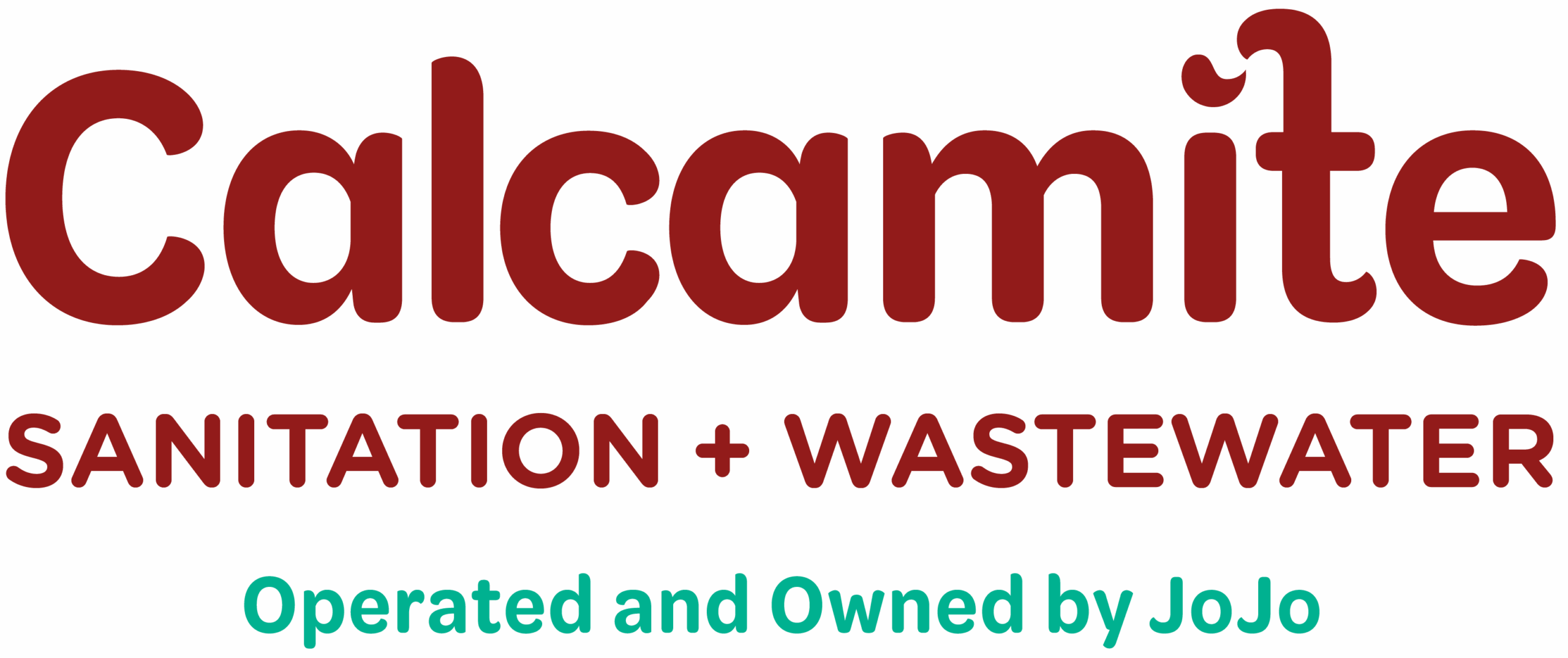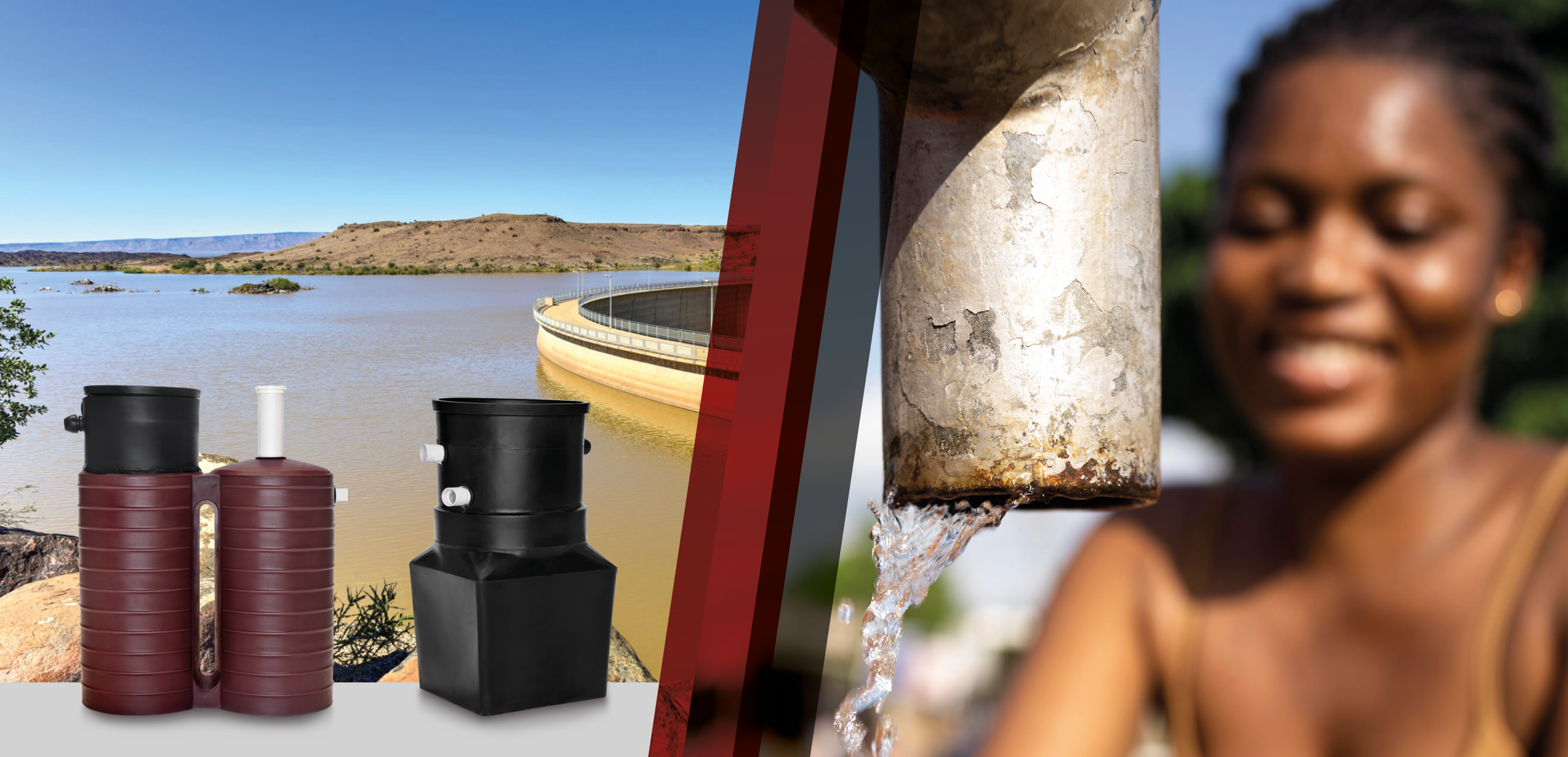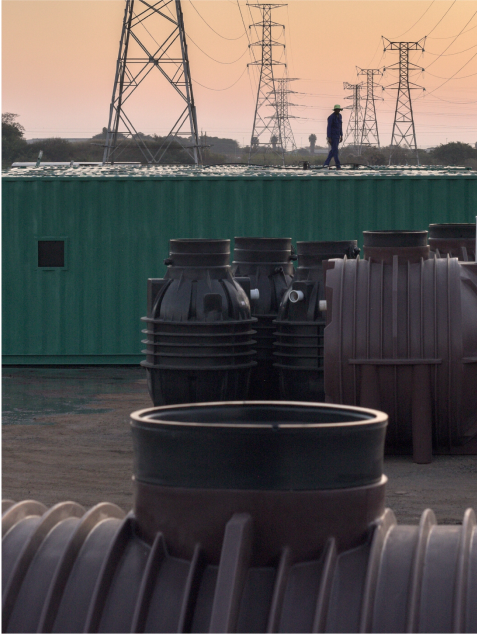Windhoek is facing a critical water shortage due to a severe drought that has impacted the country throughout the 2023/2024 rainy season. The city declared a “Category D” drought on July 31, 2024, signifying a severe water scarcity.
Under the Category D water management plan, strict restrictions are in place. Watering flowerbeds is limited to twice a week by hand, trees and shrubs can only be watered once a week, and private lawns can be watered once a week with semi-purified water.
It’s estimated that households account for 60% of the city’s water usage, with 50% of that going towards gardens. While the desire for shade and greenery in a hot climate is understandable, the current situation demands urgent action.
The municipality prohibits watering lawns with purified water, making greywater recycling a crucial strategy for sustaining gardens in this arid region. Greywater, which comes from household activities like washing dishes, showering, and laundry, can amount to approximately 100 litres per person per day. This article explores how greywater recycling can empower Windhoek residents to maintain their gardens during this challenging time.
Understanding the Water Crisis in Windhoek
The ongoing drought has severely limited Namwater’s ability to meet the city’s water demand. Currently, Namwater can only supply 30% of the required water, leaving the remaining 70% to be sourced from local resources like the Goreangab Reclamation Plant and boreholes in the Windhoek Aquifer.
However, city engineers warn that sustainable extraction from the aquifer depends on sufficient replenishment from the three supplying dams, which are currently low. This necessitates urgent water conservation measures.
Windhoek has been a pioneer in wastewater recycling. The Goreangab wastewater recycling plant, built in 1968 and upgraded in 2002, was the first in the world to produce drinking water directly from municipal wastewater.
Water scarcity is a recurring challenge for Windhoek, located in Namibia, the most arid country south of the Sahara. Despite an annual rainfall of 300-350mm, the evaporation rate is extremely high, with only an estimated 2% becoming runoff. Providing a sustainable water supply to a population of 486,000 is an ongoing effort for the city’s water authorities.
To address this vulnerability, Windhoek adheres to a Drought Response Plan. This plan outlines guidelines for managing water supply and use during drought conditions, aiming to maintain public health and safety, minimise disruption to daily life, and consider individual needs.
What is Greywater and Its Role in Water Conservation?
Greywater refers to the water from showers, baths, sinks, and laundry, as opposed to blackwater, which comes from toilets. During periods of water restrictions, greywater can be invaluable for maintaining gardens. Recycling greywater not only saves money by reducing reliance on expensive municipal water but also lessens the burden on the city’s water system.
Treated greywater can even be used for toilet flushing, further reducing household water consumption. By using greywater, the water is essentially recycled twice – once at home and again at the municipal level.
Learn more about Calcamite’s greywater treatment systems and ready-to-deploy greywater products.
How Greywater Recycling Can Help in The City of Windhoek’s Water Crisis
Using potable water for non-potable purposes like gardening and toilet flushing is unnecessary and strains municipal resources. Recycling water at the point of use reduces the overall demand on the water system.
Greywater can also provide benefits for gardens. It often contains nutrients like nitrogen and phosphorus from soaps and detergents, which can enhance soil fertility and promote plant growth. However, it’s crucial to use biodegradable and environmentally friendly cleaning products to avoid introducing harmful chemicals into the garden.
Implementing Greywater Systems in Windhoek
When installing a greywater system, it’s essential to ensure proper treatment and disinfection. Greywater must be used within 24 hours to prevent bacterial growth and avoid it turning into blackwater.
Calcamite offers pre-assembled and ready-to-install greywater systems in 125lt and 400lt capacities. These user-friendly systems are designed for easy operation and maintenance. Each system includes an underground tank for greywater collection, a submersible pump, a float switch for automation, and a disinfector to eliminate harmful microorganisms.
Windhoek residents should seriously consider installing greywater systems to reuse water for irrigation and toilet flushing. This can be a vital step in preserving gardens and minimising the impact of the Namibia water crisis.
Investing in a greywater system is a commitment to sustainable water practices that offers long-term benefits. Explore our website to learn more about our ready-to-use greywater systems, or for custom designs, contact us at sales@calcamite.co.za.



